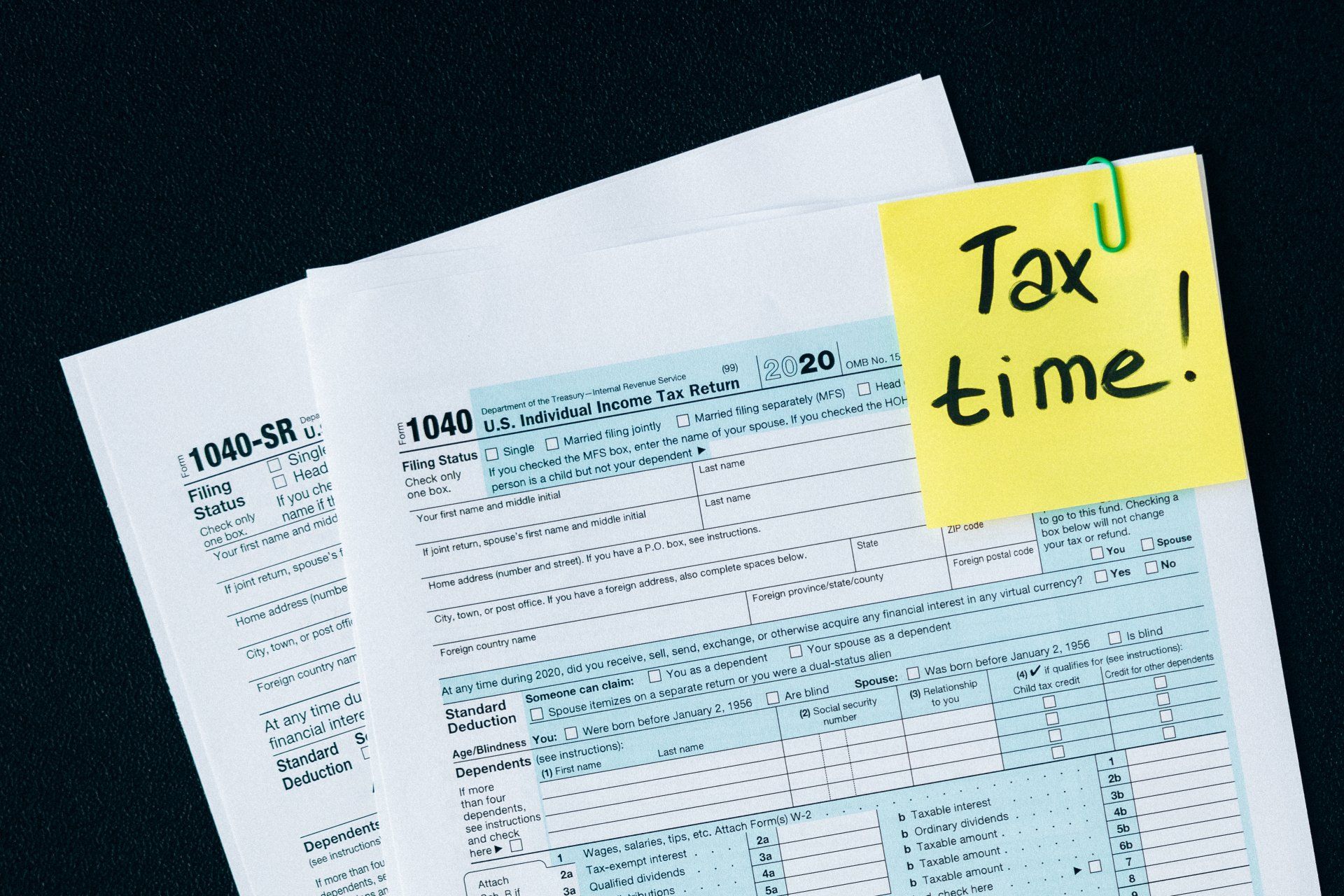Sales Tax Nexus
The term “nexus” refers to a commercial connection in a certain state. If your business is headquartered in Oregon but you have an office in California, for example, you have a nexus in California. A sales tax nexus in a certain state requires you to collect sales tax on the sales that you earn there. Let’s dive deeper into what sales tax nexus is and how it may affect your organization.
Examples of Nexus
There are a number of different definitions of nexus and they vary from state to state. Here are a few examples of the most common ones.
- Home State Nexus: The state that you live in and run your business is known as your home state nexus. You’ll need to collect sales tax from any customers in your home state nexus.
- Warehouse, Inventory, or Storage Nexus: If you have a warehouse, inventory, or storage location in a state that’s different from your home state, you may need to charge taxes in there.
- Employee Nexus: Any employees, contractors, or sales reps in other states may warrant your need to collect taxes from customers in those states as well.
- Third Party Provider Nexus: Third providers like fulfillment houses and drop-shipping suppliers may be considered nexus. You might be required to charge taxes from customers who live in the same states as these third parties.
Online Merchant Nexus: If you don’t have a physical location in a certain state but sell products or services to customers there, you may be liable for taxes in the states they in.
With the above, just note that while these items may be examples of nexus for sales tax purposes, there may be different points of discussion for income tax nexus.
What to Do If You Have Nexus
First and foremost, determine where you have it. Then, follow these steps.
- Register for Sales Permits: It’s your responsibility to register for the sales permit in each individual state you have nexus. You can find information on how to do so on state Department of Revenue websites. Also, check out the Streamlined Sales Tax Registration System (SSTRS) to register for 24 states at one time.
- Charge Taxes: Once you register for all your sales permits, make sure you collect sales taxes from customers in the applicable states. In most cases, the customer’s location will dictate how much they’ll pay. Some states, however, charge origin-based taxes where your business location will determine the tax rate.
- File Sales Tax Returns: Each state has its own unique rules on how to file sales taxes with them. For details on how to do so, visit its official website or give us a call!
Need Support? Contact GrowthLab Today
At GrowthLab, we help small businesses like yours succeed. Since sales tax nexus can get complicated, especially if you have nexus in multiple states, our team of financial and tax pros are here to help. Contact us at 888.673.8481 for more information!






